RISKS ARE ALWAYS POTENTIAL
A professional sports representative or media manager needs not only a deep understanding of sports expertise and contract negotiation skills, but also a thorough knowledge of advertising law, brand image, and public ethics. A lack of careful selection of advertising partners can lead to media crises for athletes, directly impacting their personal image.
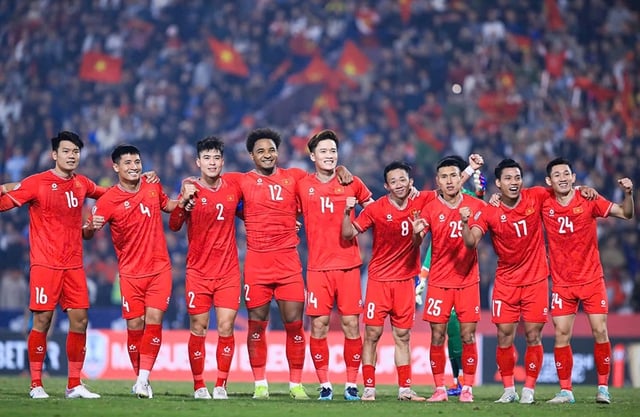
The agent must be familiar with various regulations, for example, a player is not allowed to wear the Vietnam national team jersey when filming an advertisement for a brand that does not sponsor the VFF.
PHOTO: MINH TU
Once two of the most prominent and beloved players in Vietnamese football, Cong Phuong and Quang Hai both faced controversy when participating in advertisements for beer brands. At the time, the advertising videos featuring these players caused controversy due to the use of inappropriate and misleading imagery. Another notable example is defender Vu Van Thanh, who once promoted a binary options trading platform that was flagged as potentially fraudulent. The advertising video was later removed after a wave of fierce backlash. Van Thanh may not have been directly aware of the legal risks, but with a professional representative, he could have received advice to avoid this mistake.
The examples above show that the role of an agent is not only to negotiate benefits, but also to act as a "gatekeeper" protecting the athlete's image from media risks. In the digital age, a mistake on social media can cause years of hard work to build a reputation to vanish with a single click. Especially when advertising contracts with beer, spirits, and cryptocurrency brands bring in much more lucrative fees than other products, athletes need to be cautious. Even superstar Cristiano Ronaldo was once involved in a controversy when advertising for a global cryptocurrency exchange. Risks don't spare anyone, even world- famous athletes. Therefore, athletes cannot do without a professional support team if they want to develop sustainably.
Besides supporting media relations and image promotion, agents or managers also need a solid understanding of the law, especially the specialized regulations of each sports federation. This helps them to best protect their clients' interests in deals and handle any disputes that may arise. For example, in football, agents are the ones who directly negotiate contracts with clubs and must understand every binding clause, from salary and contract duration to supplementary clauses such as performance bonuses or transfer fees. When disputes occur, the agent will act as the legal representative for the player to file a complaint with FIFA or the Court of Arbitration for Sport (CAS).
Given this crucial role, FIFA currently only grants Football Agent Licenses to those who pass an exam organized by FIFA itself, which covers complex topics related to international transfer regulations, FIFA rules, and the provisions of the CAS (Court of Arbitration for Sport). Understanding and correctly applying the rules not only ensures athletes receive maximum protection of their rights but also helps avoid legal risks throughout their playing careers.
IT 'S NOT JUST KNOWLEDGE
Managers and agents need extensive knowledge in various fields to best protect the interests of athletes, but that's still not enough. They need insights into the market, the sport, and the personalities of the athletes they manage. These are values that cannot be learned in school but must be accumulated through practical experience.
A leader of the Vietnam Volleyball Federation shared with Thanh Nien newspaper about this issue: "For example, athletes participating in Vietnam will have very different characteristics compared to those in the US or Europe. From commercial valuation to the rules of conduct, each market is very different. In Vietnam, the sports market is not yet fully developed, so representatives need even more in-depth knowledge to be able to build a network of relationships with sponsors and advertisers, as well as determine commercial valuation in each stage or field accordingly. For example, a representative for a football player needs to understand the current level of interest in football, the target audience, the potential influence of the athlete they represent on fans, and most importantly, the criteria for selecting athletes to become ambassadors for brands or clubs. They need to know what benefits the sponsoring/advertising brand will gain through the athlete they represent... Or a representative for a volleyball player when transferring to foreign clubs." "Then you need to assess the value of the athlete you represent in that market. What are the differences between the two markets? What preparations are needed so that the athlete you represent can perform well?"
In general, an athlete who wants to maximize their commercial value commensurate with their professional ability and image needs a mentor. The leader further shared: "If they are alone, athletes find it difficult to access sponsorship/advertising opportunities due to a lack of connections. They lack contract negotiation skills, which can lead to disadvantages in terms of value or risks during contract execution... Athletes also lack the time and knowledge to build a professional image, making them prone to mistakes when interacting with the media or the public… In addition, athletes face many other disadvantages in career development, such as difficulty accessing international opportunities due to weak foreign language skills. Most athletes are also quite weak in long-term career planning." (to be continued)
Source: https://thanhnien.vn/vdv-viet-nam-kiem-tien-tu-thuong-hieu-ca-nhan-can-nguoi-diu-dat-185250718234356616.htm


![[Photo] Closing Ceremony of the 10th Session of the 15th National Assembly](/_next/image?url=https%3A%2F%2Fvphoto.vietnam.vn%2Fthumb%2F1200x675%2Fvietnam%2Fresource%2FIMAGE%2F2025%2F12%2F11%2F1765448959967_image-1437-jpg.webp&w=3840&q=75)
![[Photo] Prime Minister Pham Minh Chinh holds a phone call with the CEO of Russia's Rosatom Corporation.](/_next/image?url=https%3A%2F%2Fvphoto.vietnam.vn%2Fthumb%2F1200x675%2Fvietnam%2Fresource%2FIMAGE%2F2025%2F12%2F11%2F1765464552365_dsc-5295-jpg.webp&w=3840&q=75)




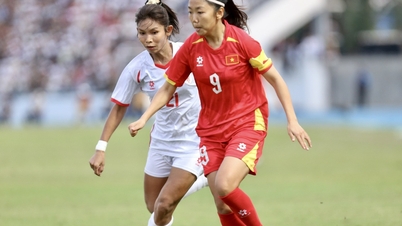
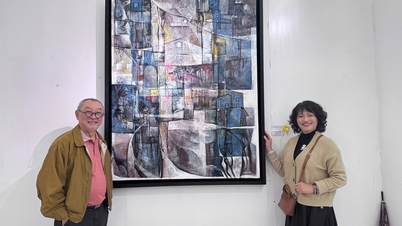

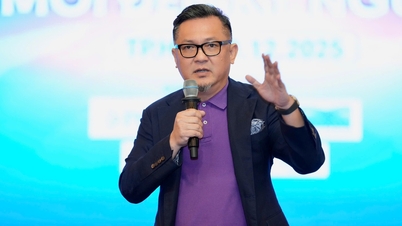
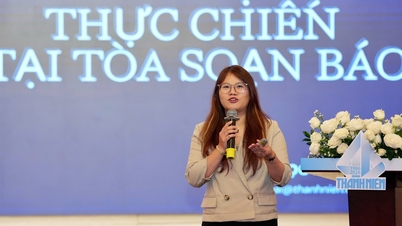
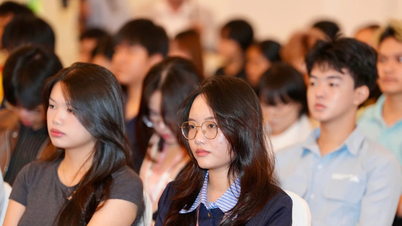

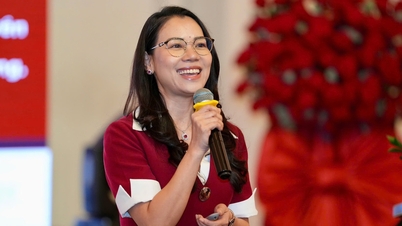





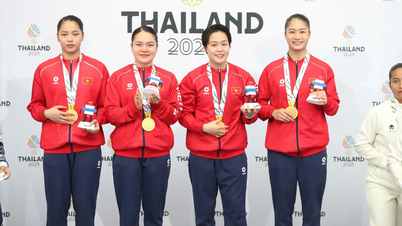

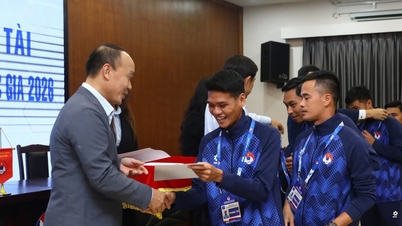
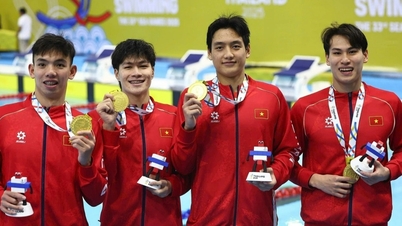




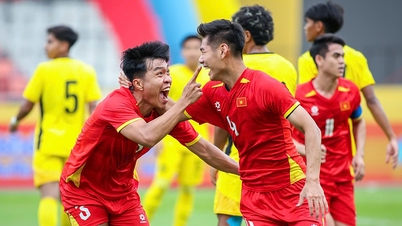
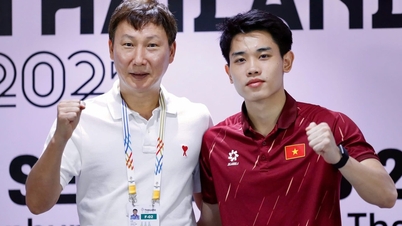
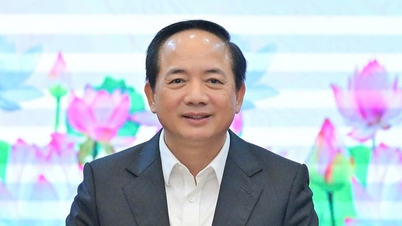
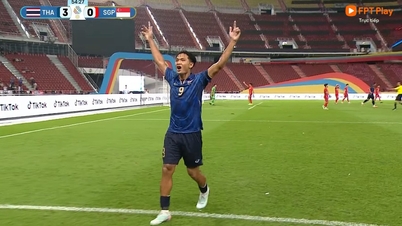
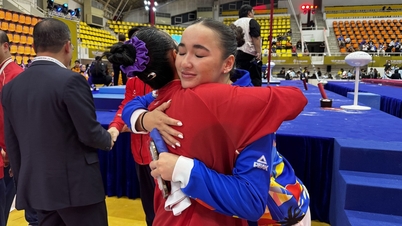
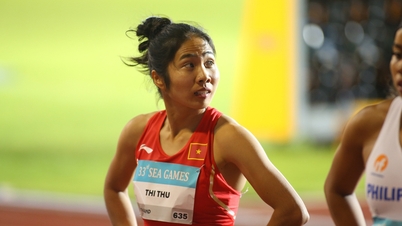



















![[OFFICIAL] MISA GROUP ANNOUNCES ITS PIONEERING BRAND POSITIONING IN BUILDING AGENTIC AI FOR BUSINESSES, HOUSEHOLDS, AND THE GOVERNMENT](https://vphoto.vietnam.vn/thumb/402x226/vietnam/resource/IMAGE/2025/12/11/1765444754256_agentic-ai_postfb-scaled.png)




































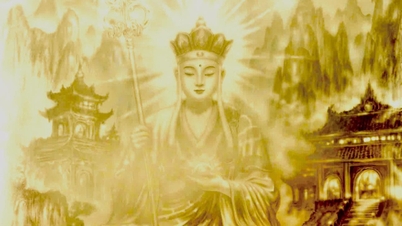











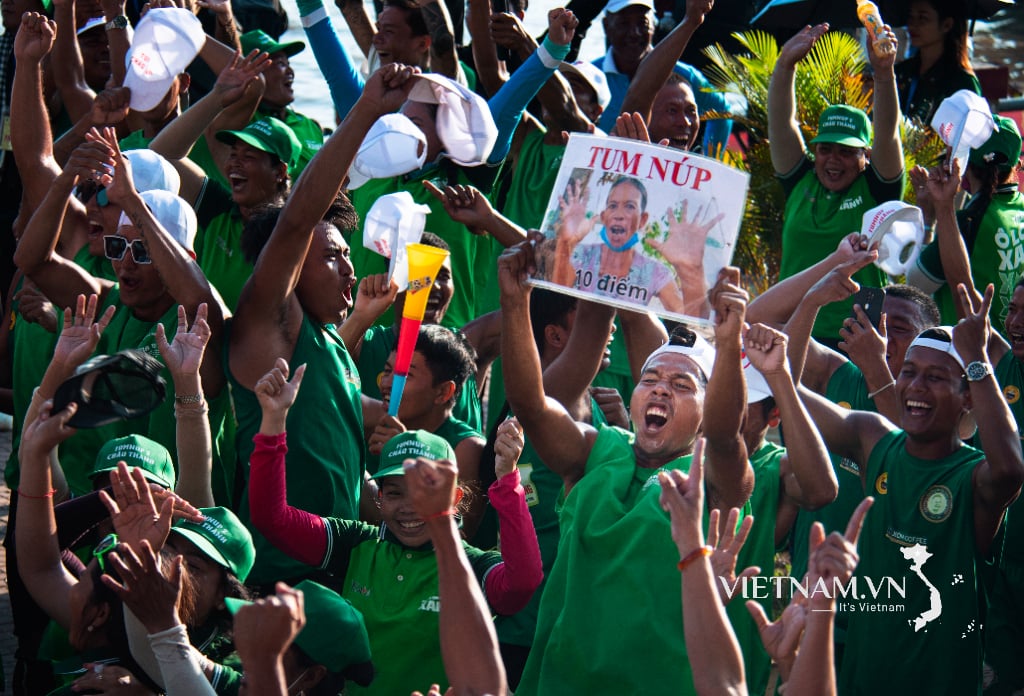

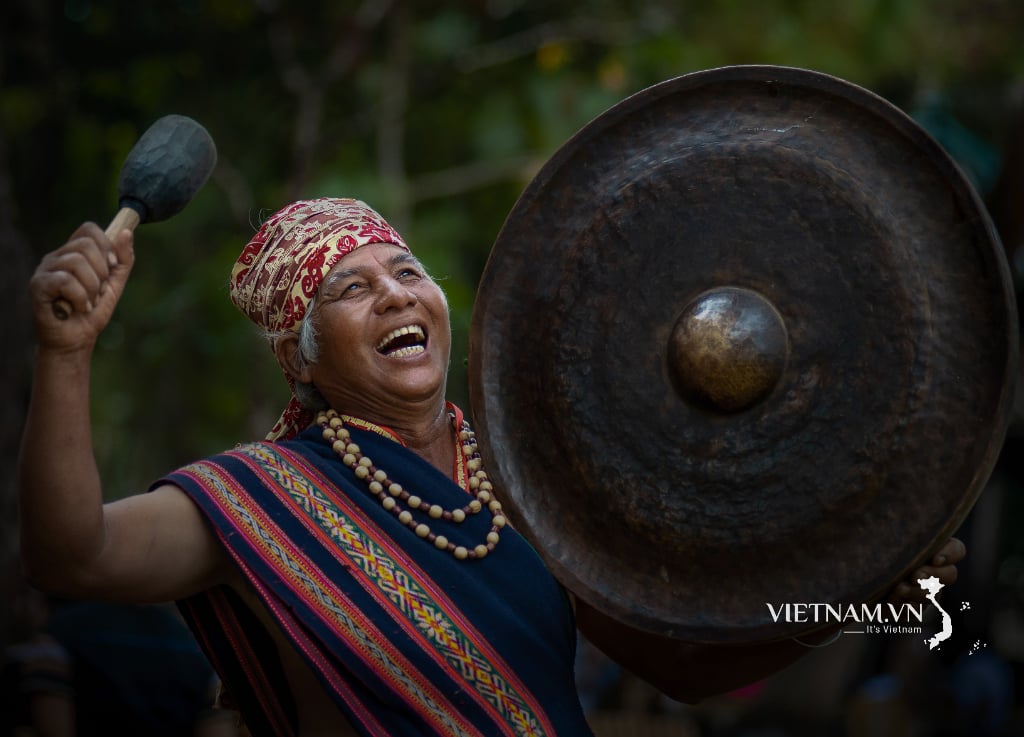

Comment (0)